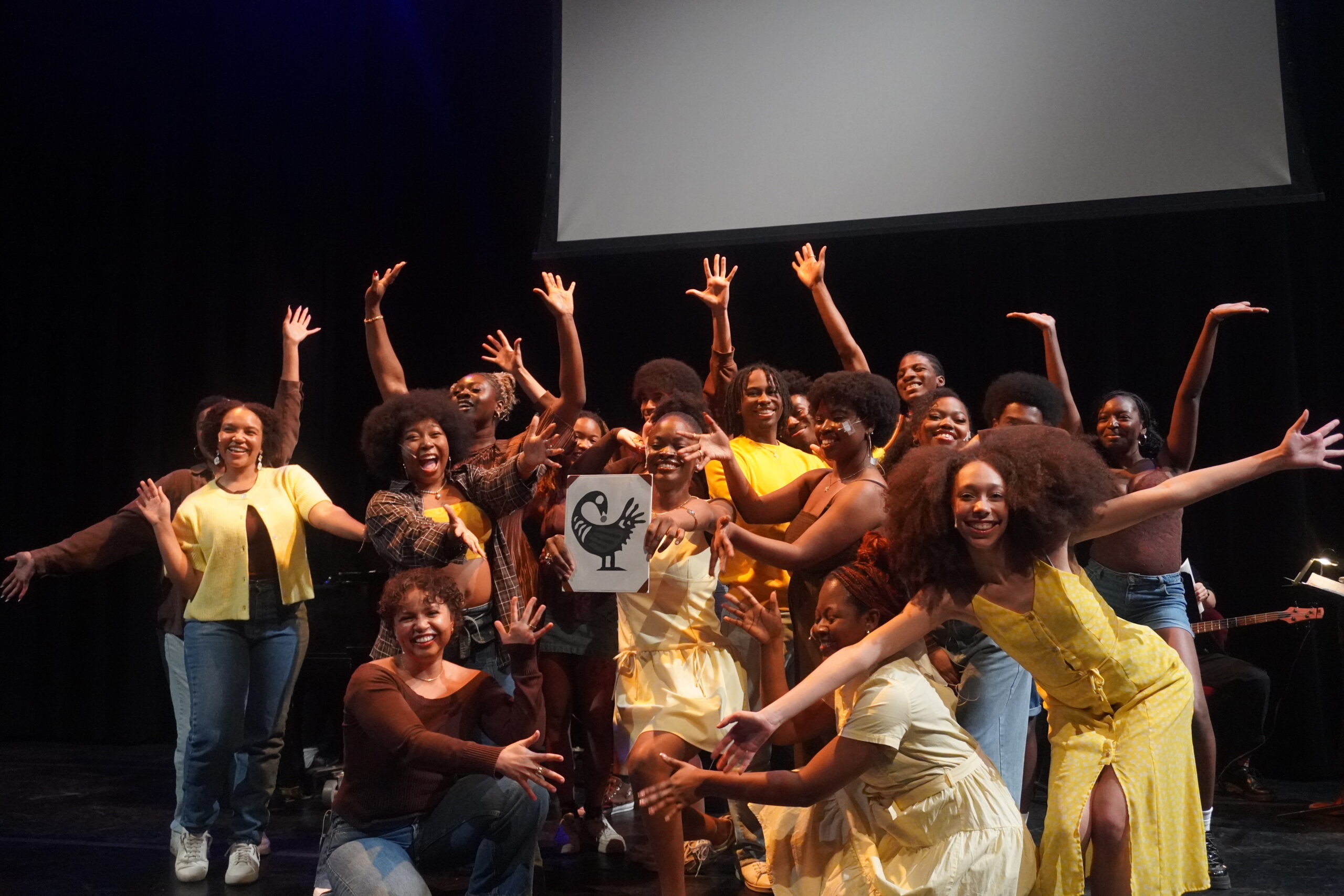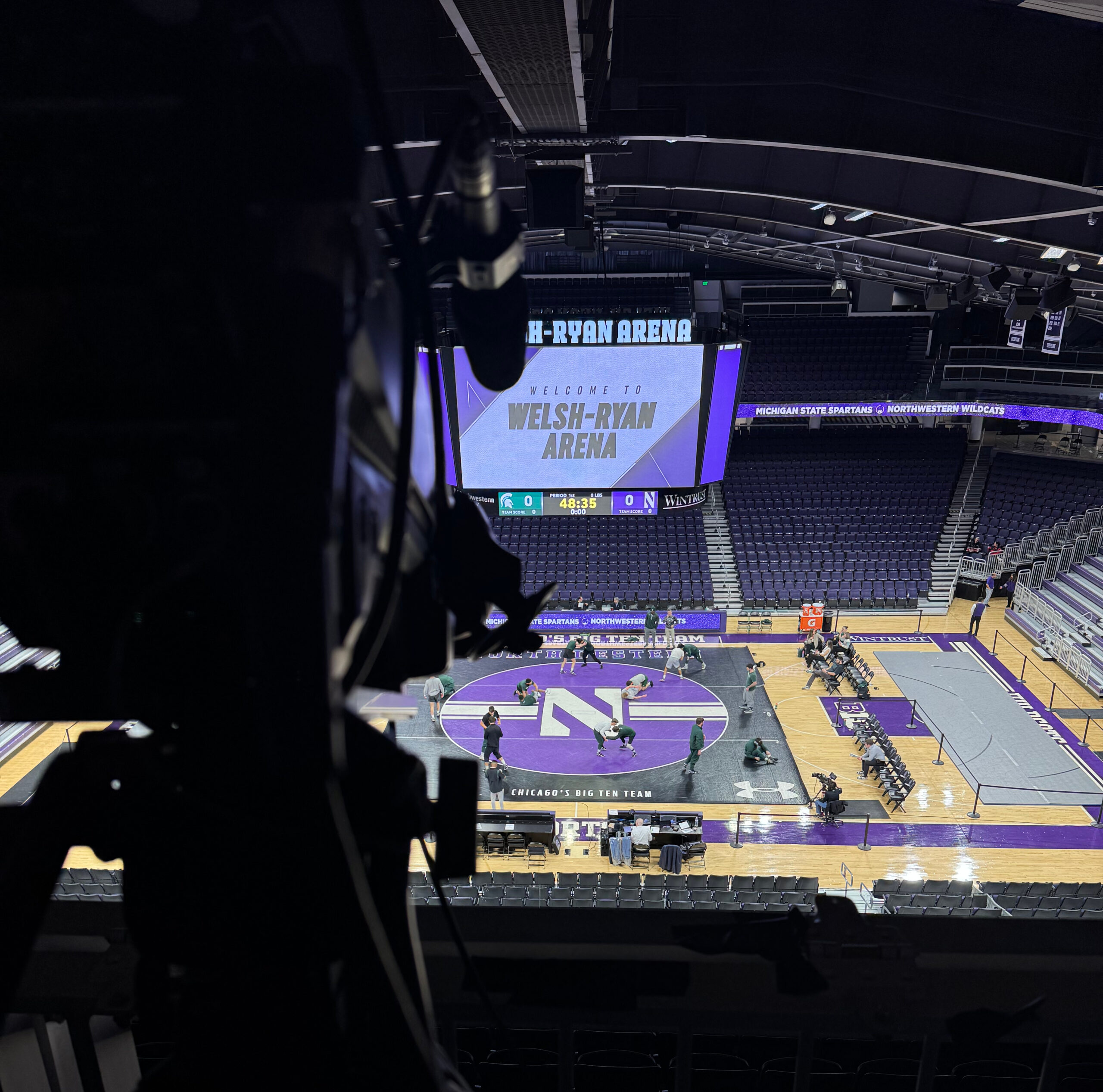
Protests and encampments flared up on various college campuses last spring in solidarity with Palestine. At Northwestern, the Deering Meadow encampment in April lasted for five days. Students rallied against the violence in Gaza and urged Northwestern to divest from companies with ties to Israel. An email from Northwestern Provost Kathleen Hagerty in September states that the protests of last spring brought to light the “gaps and inconsistencies” in Northwestern’s protest policies, prompting new modifications.
Updates to Northwestern’s protest policies went into effect on Sept. 5. The administration sent out a school-wide email to students detailing and explaining the changes to the University’s Display and Solicitation Policy, Demonstration Policy and Student Code of Conduct.
The email writes that the goal is “to ensure every member of our community feels safe and supported, and that our campuses are free from intimidation, discrimination or harassment that can impede a thriving learning environment.” These new policies were signed off by various university officials such as Provost Kathleen Hagerty and Vice President and Chief Financial Officer Amanda Distel.
Given the prevalence of protests on campus, these changes can leave multiple questions. What exactly do these policy updates entail, and what impact have they had on student protests thus far?
What’s going on with display and solicitation?
The changes to the Display and Solicitation Policy include new location restrictions on displays, such as flyers, banners and 3D installations. For example, flyers can be posted on bulletin boards provided by any academic building or the university and on outdoor kiosks. Prohibited locations for any form of display include Technological Institute Plaza, Rebecca Crown Plaza and the overhangs of any building.
The installation of any tents is now forbidden – not including the tent used to guard and paint the Rock.
The policy details that the University reserves the right to take down any display if it is found that this or any other University policies have been violated.
Demonstration changes & the Rock
The Demonstration Policy has also seen changes, mainly involving new time restrictions for various demonstrations on campus.
According to the updated policy, demonstrations at the Rock cannot happen before 3 p.m. on weekdays. Devices to amplify volume, such as bullhorns and loudspeakers, are also not permitted before 5 p.m. on weekdays at the Rock. The policy also forbids overnight demonstrations occurring anywhere on campus from midnight to 6 a.m.
What’s new in the Student Code of Conduct?
The Student Code of Conduct has undergone a number of changes. The Failure to Comply Standard has changed to require that students comply with University officials, including removing face masks so they can be identified. A new Intimidation Standard has also been implemented, which prohibits threats, intimidation tactics, doxxing and humiliation to any individual or group, including University officials or agents.
Upon violating any of these new policies, the matter is now forwarded to the appropriate department and the individual or group will receive disciplinary action – the policy states that there is no specific consequence and every violation will be taken on a case-by-case basis.
Effect on student protests
The new policy changes haven’t stopped students from organizing and enacting protests and demonstrations.
Pro-Palestine student activists gathered at the Rock on Oct. 7 – the day marking one year since Hamas’ attack on Israel – to honor the lives lost in Gaza. The demonstration allegedly violated several new policies – the most notable being organizing at the Rock before 3 p.m. and using amplified sound before 5 p.m. According to the University, many of the students involved should expect to face disciplinary actions. There have been no further public updates.
On Oct. 16, students of Jewish Voice for Peace (JVP) at Northwestern set up a sukkah on Deering Meadow to celebrate Sukkot, a Jewish holiday commemorating the forty years the Israelites spent in the wilderness after escaping slavery in Egypt. The sukkah, a temporary hut or shelter, displayed solidarity with Gaza. Hours later, University officials took down the demonstration for violating the new protest policies. Two days later, JVP reconstructed the sukkah, this time at the Rock, which was also taken down for the same reasons.
With an increasingly tense political landscape on college campuses, only time will tell what the University’s new policies will mean for student protests and their outcomes going forward.



